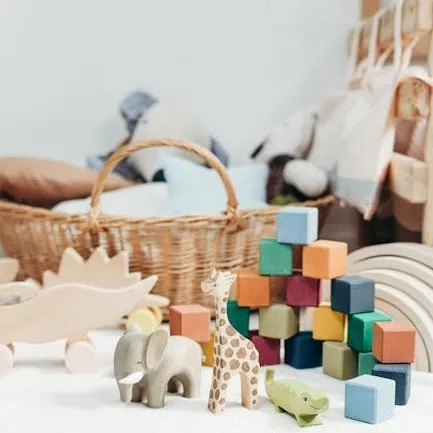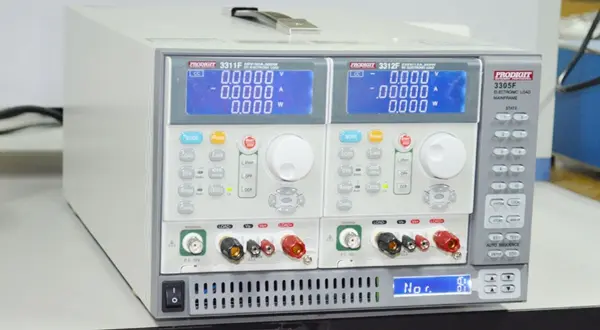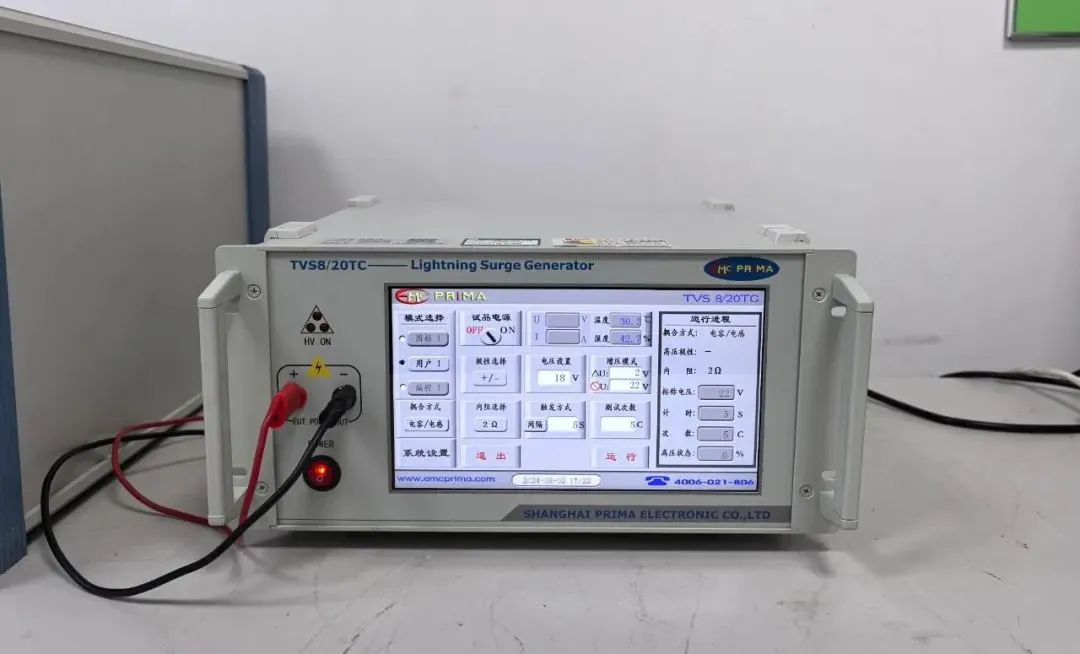
What Safety Standards Should Electric Toys Meet
Global Toy Safety RegULations and Standards
Toy safety regulations vary across different regions. Manufacturers must understand and comply with the regulations applicable to their target markets. Key children's toy safety regulations and standards include, but are not limited to:

North America
- United States: Consumer Product Safety Improvement Act (cpsia)
The CPSIA is a U.S. regulation aimed at improving the safety of consumer products, including toys, by setting strict standards and requirements.
- United States: 16 CFR 1250 and ASTM F963
16 CFR 1250 mandates that toys must comply with the ASTM F963 standard. ASTM F963, developed by ASTM International, outlines Toy Safety Standards to ensure the safety of toys sold in the U.S., covering a wide range of safety aspects.
- Canada: Canada Consumer Product Safety Act (CCPSA)
The CCPSA is designed to protect children and caregivers by establishing regulations that address mechanical, flammability, toxicity, electrical, and thermal safety concerns.
- Canada: sor/2011-17 - Toys Regulations
The Toys Regulations (SOR/2011-17) help protect Canadian children from various hazards while interacting with toys.
Europe
- European Union: Toy Safety Directive and EN 71 Standards
The Toy Safety Directive and EN 71 standards establish the safety requirements for toys sold within the EU, covering mechanical, physical, and cheMICal properties.
- European Union: EC No. 1907/2006 reach regulation
The REACH regulation aims to ensure the safe use of chemicals within the EU, including those used in toys, by assessing and managing potential risks to human health and the environment.
Asia-Pacific
- China: GB 6675 Toy Safety Standards
GB 6675 is China’s national toy safety standard, outlining safety requirements for toys sold in the Chinese market, including mechanical, physical, and flammability aspects.
- Japan: ST Toy Safety Standards
Japan’s ST standards specify safety requirements for toys sold in Japan, with a focus on chemical substances, flammability, and physical properties.
- Australia and New Zealand: AS/NZS ISO 8124
AS/NZS ISO 8124 aligns with the international ISO 8124 standard, ensuring toy safety regarding mechanical, physical, and chemical properties.
International
- ISO 8124
ISO 8124 is an international standard developed by the International Organization for Standardization (ISO), providing comprehensive guidelines for the safety of toys, including mechanical, physical, and chemical aspects.
For global toy manufacturers, compliance with toy safety regulations is crucial. At JJR LAB, our expertise in toy safety testing and compliance helps manufacturers meet these regulatory requirements while adhering to both internal and international quality and safety standards.
We are here to help you navigate the complex landscape of toy safety regulations and ensure your customers' safety and satisfaction.
Email:hello@jjrlab.com
Write your message here and send it to us
 What is IEC 62052 for Electrical Energy Measuring
What is IEC 62052 for Electrical Energy Measuring
 Australia LoRa Band 915-928 MHz RCM Compliance
Australia LoRa Band 915-928 MHz RCM Compliance
 What Are the Compliance Certifications for VHF Pro
What Are the Compliance Certifications for VHF Pro
 Which Products Require WERCS Registration?
Which Products Require WERCS Registration?
 Dustproof and Waterproof Ratings IP 54 / IP65 / IP
Dustproof and Waterproof Ratings IP 54 / IP65 / IP
 SAR Standard Testing under the EU CE-RED Directive
SAR Standard Testing under the EU CE-RED Directive
 Differences Between the Three EU Directives: LVD,
Differences Between the Three EU Directives: LVD,
 How to get CE Marking Certification?
How to get CE Marking Certification?
Leave us a message
24-hour online customer service at any time to respond, so that you worry!




